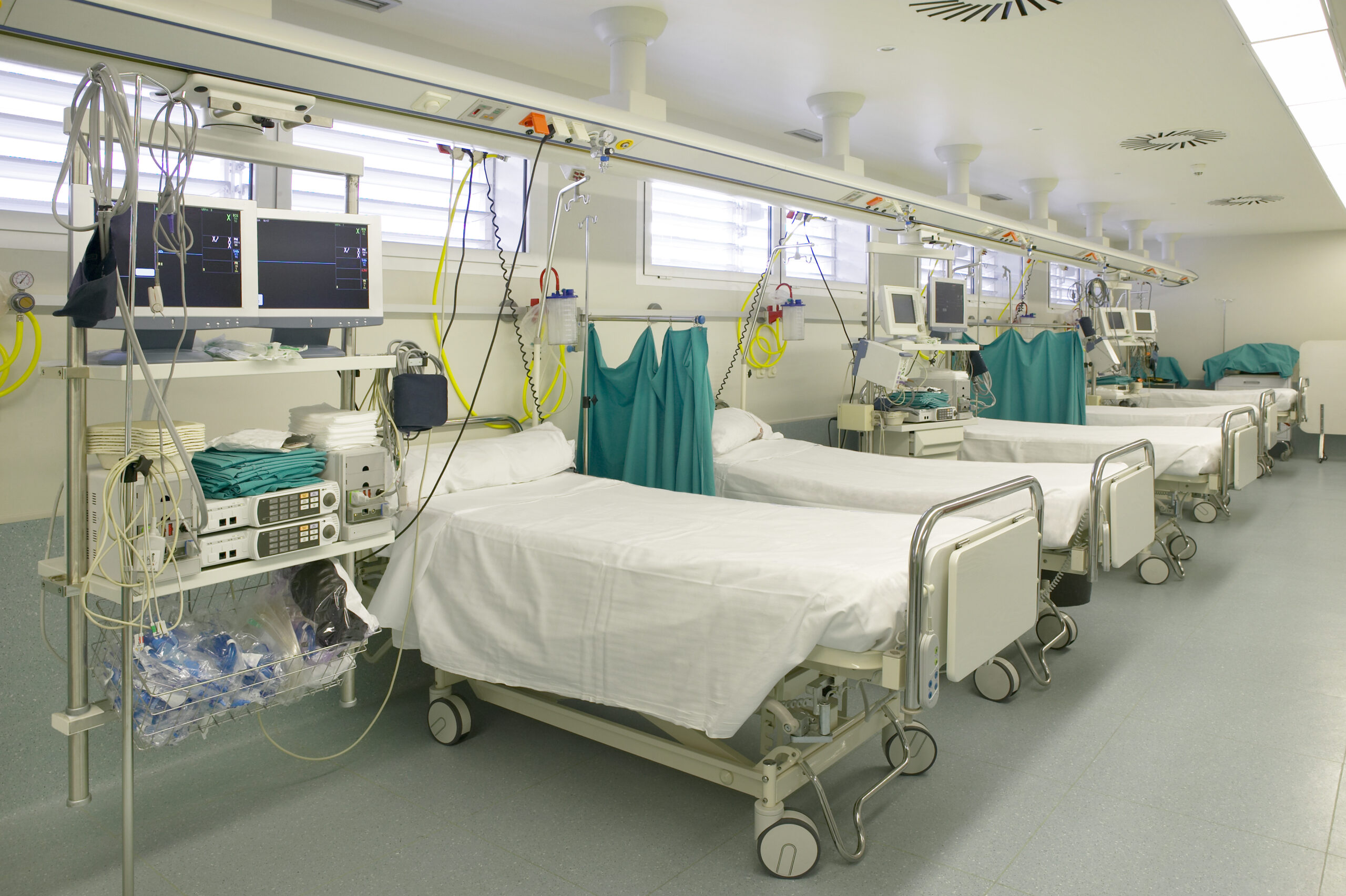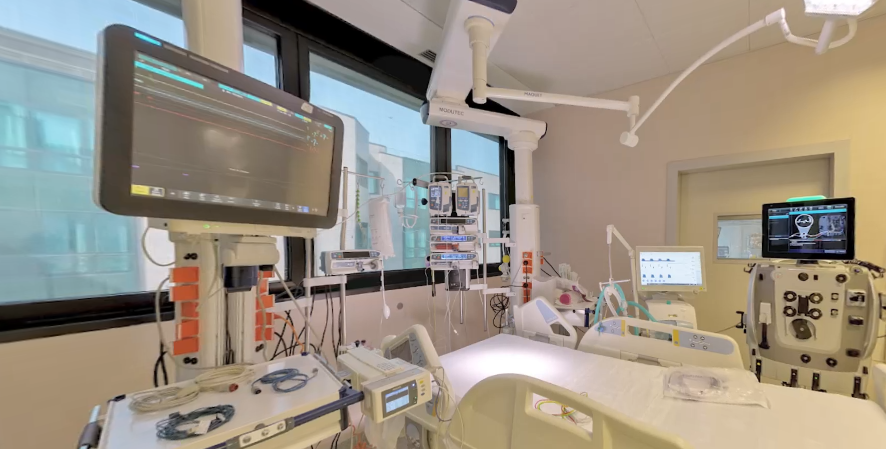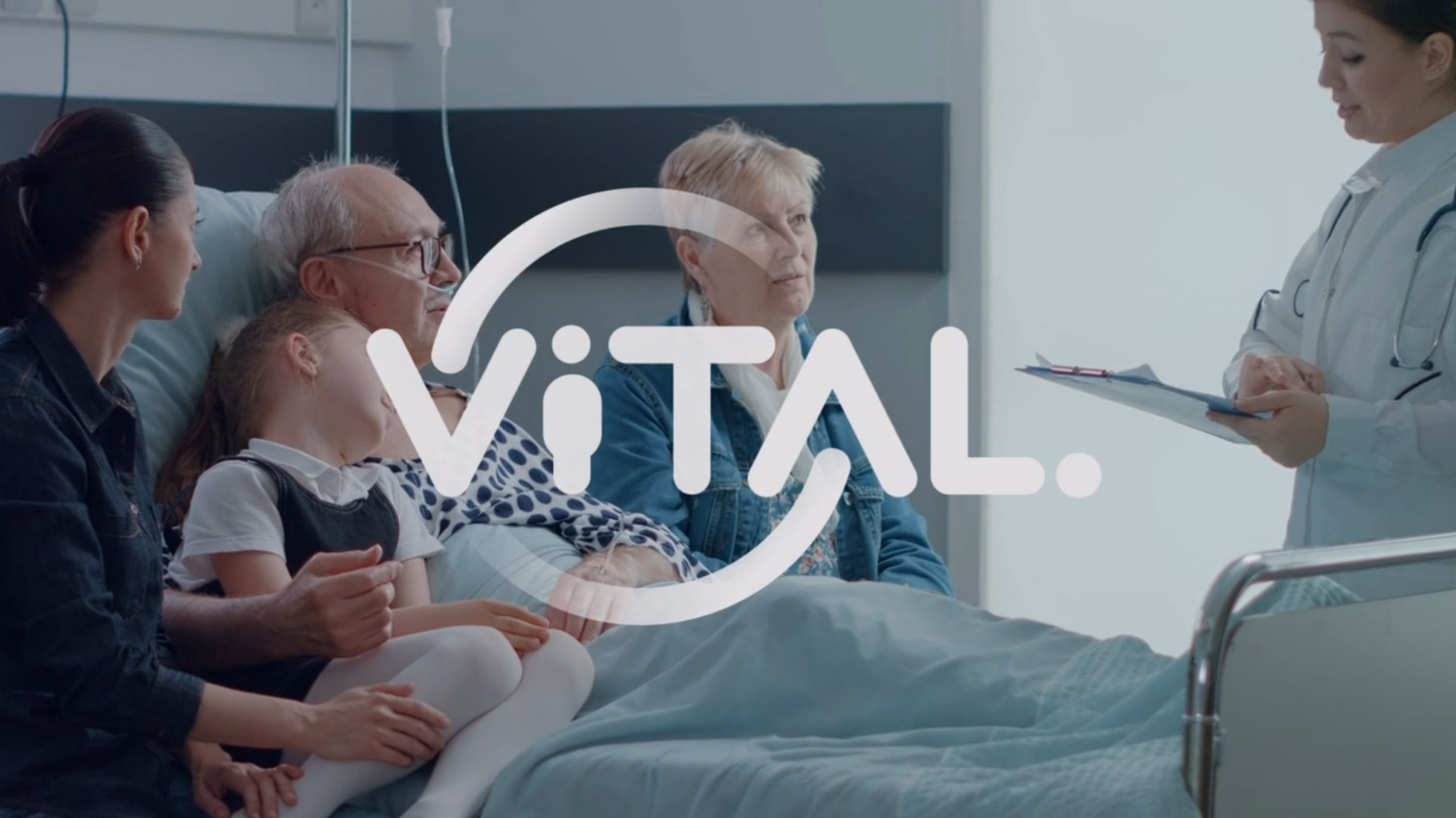Patient and Family










In recent times, intensive care units (ICUs) have come to the fore as bastions of care for critically ill patients. But what does an ICU stay exactly entails? What kind of treatments and technologies are deployed? In light of our mission to provide the best possible care for ICU patients and families, we have developed a series of videos to explain all about Intensive Care Units. You will see a typical day in the ICU, where interprofessional teams work together – nurses, doctors, physiotherapists, social workers, as well as consultants from other specialities. Experiencing an ICU stay can be difficult. However, the ICU teams are there to answer any questions from family, friends, or caregivers and provide emotional support. You will hear more about this from patients and relatives who have experienced this necessary support first-hand.
Finally, we are developing a series of studies to further improve our standards of care. We have started with an open survey, ESICM – Family 1, which involves ICU professionals across the globe to detail ICU family-centered care in their respective countries.
WHO’s World Patient Safety Day (WPSD) for 2022 aims to raise global awareness of “Medication Safety” and address the problem of medication errors, the most common adverse event in hospitals, accounting for one-third of all adverse events, peaking at 38% when considering intensive care units (ICUs) alone.
To mark WPSD, the ESICM released a series of videos to raise awareness among intensivists worldwide of this global issue and the strategies to maximise patient safety. Topics include medical errors in the ICU and, in general, how to monitor patient safety in the ICU and include the perspective of families.
The European Patient Forum (EPF) Congress took place in Brussels from 12-14 November 2019. The congress focused on public and patient involvement (PPI) in research, care and medical training, and speakers included patient representatives, physicians, policy-makers, scientific journal editorials and scientists.
It was suggested at the congress that involving patients and citizens with various stakeholders could help create more efficient health systems and reduce unnecessary costs. To improve healthcare systems, patients and citizens need to be involved at various levels, as their experience can help design better care and prevention programmes, adapted to their actual needs.
The ESICM-Family 1 Survey aims to describe ICU family centered-care practices and variations across the globe.
This survey will be the starting point for additional studies, with which we aim to improve even further bedside practices and assist at best family members.
The questions in this questionnaire concern ICU professionals’ usual practices, excluding the pandemic period.
European Sepsis Alliance has released a brochure addressing life after sepsis and post-sepsis symptoms for sepsis survivors and their families.
Sepsis can occur to anyone regardless of age, gender, and geographical location. However, some people are at greater risk: infants, elderly, chronically ill patients and people with immune-suppression, e.g. undergoing chemotherapy or steroid treatment, people suffering from diabetes, or those without a spleen.
Sepsis can have various consequences from mental, physical to social. Early rehabilitation measures can help you or your loved one get better.
You can download the brochure here
The Patient Safety Policy Summit took place on March 3rd in the European Parliament. The European Consensus Statement on the Multi-disciplinary and patient-centred approaches to perioperative patient safety has been agreed and signed by The European Society of Anaesthesiology, the European Association of Hospital Pharmacists, the European Board and College of Obstetrics and Gynaecology, the European Patients’ Forum, the European Society of Intensive Care Medicine, the European Society of Vascular Surgery, the European Surgical Association, and the International Federation of Nurse Anaesthetists.

ICUsteps was founded in 2005 by ex-patients, their relatives and ICU staff to support patients and their families through the long road to recovery from critical illness. Our aims are to support patients and relatives affected by critical illness, promote recognition of the physical and psychological consequences of critical illness through education of the medical profession and the general public, and encourage research into treatment and the prevention of these issues. ICUsteps is the United Kingdom’s only support group for people who have been affected by critical illness and has helped many former patients, their relatives and medical staff from organisations around the world. ICU steps https://icusteps.org/guide provides a great deal of information for patients and relatives around an ICU stay. You will find high quality resources on this site in 17 different languages to provide information and support.
